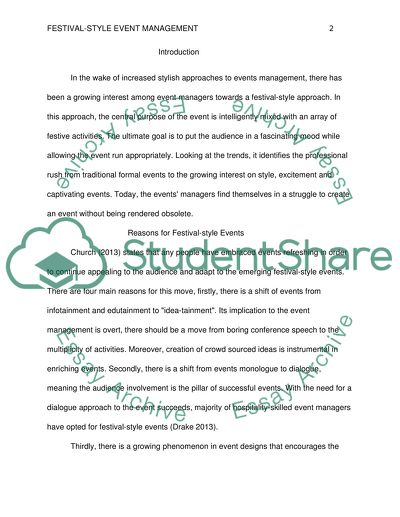Cite this document
(“A trend of festival-style events within hospitality industry Term Paper”, n.d.)
Retrieved from https://studentshare.org/tourism/1662075-a-trend-of-festival-style-events-within-hospitality-industry
Retrieved from https://studentshare.org/tourism/1662075-a-trend-of-festival-style-events-within-hospitality-industry
(A Trend of Festival-Style Events Within Hospitality Industry Term Paper)
https://studentshare.org/tourism/1662075-a-trend-of-festival-style-events-within-hospitality-industry.
https://studentshare.org/tourism/1662075-a-trend-of-festival-style-events-within-hospitality-industry.
“A Trend of Festival-Style Events Within Hospitality Industry Term Paper”, n.d. https://studentshare.org/tourism/1662075-a-trend-of-festival-style-events-within-hospitality-industry.


